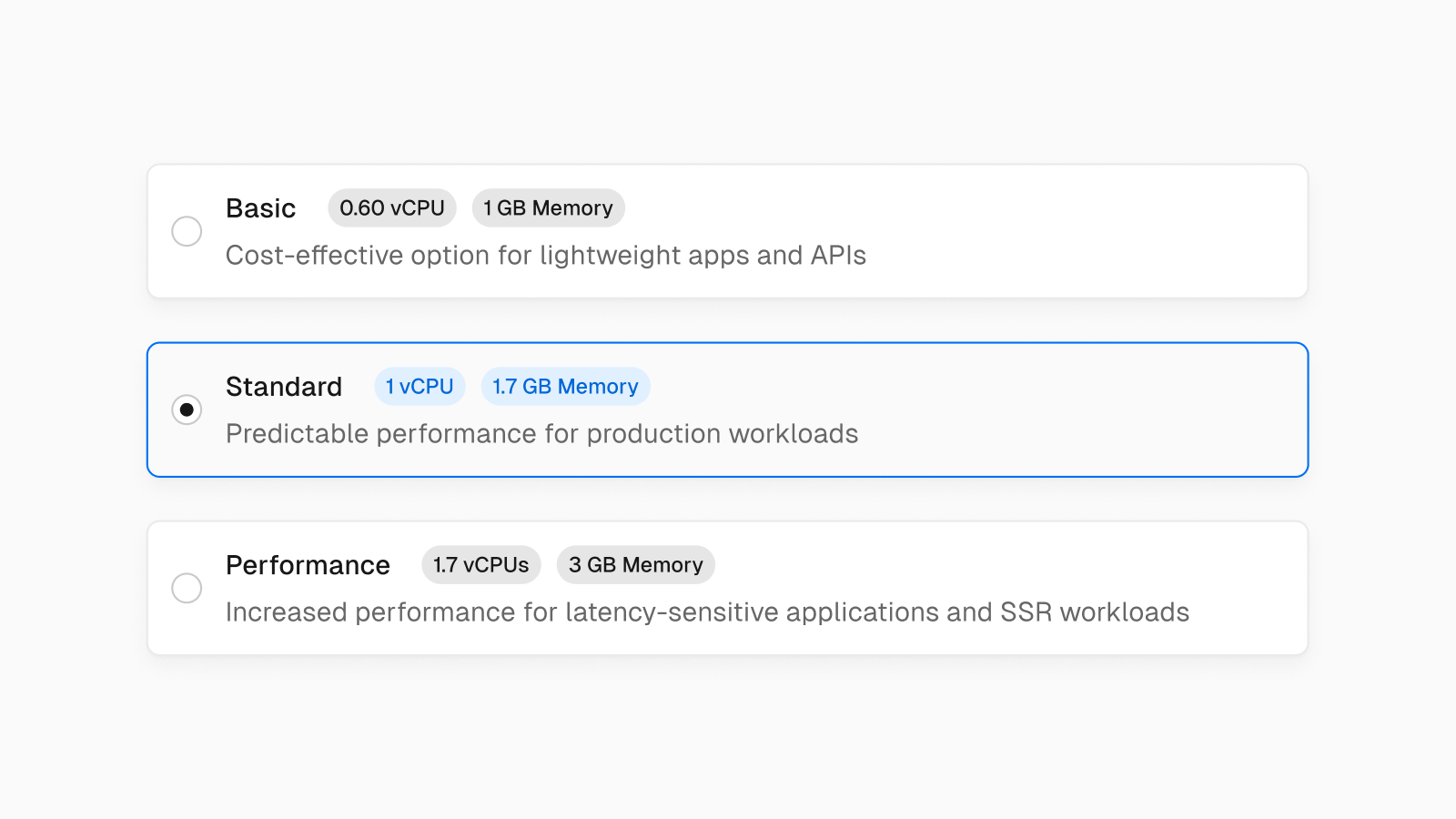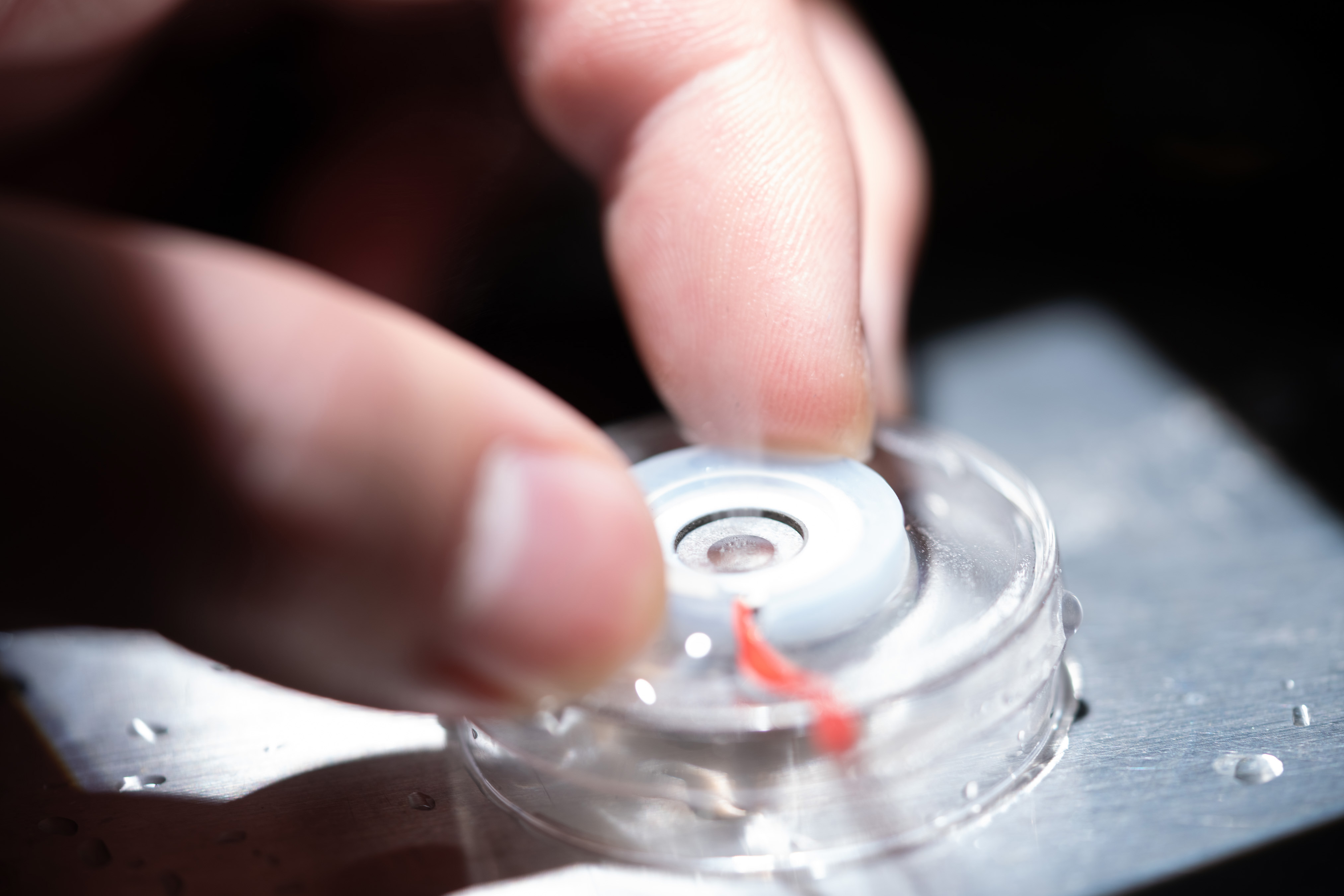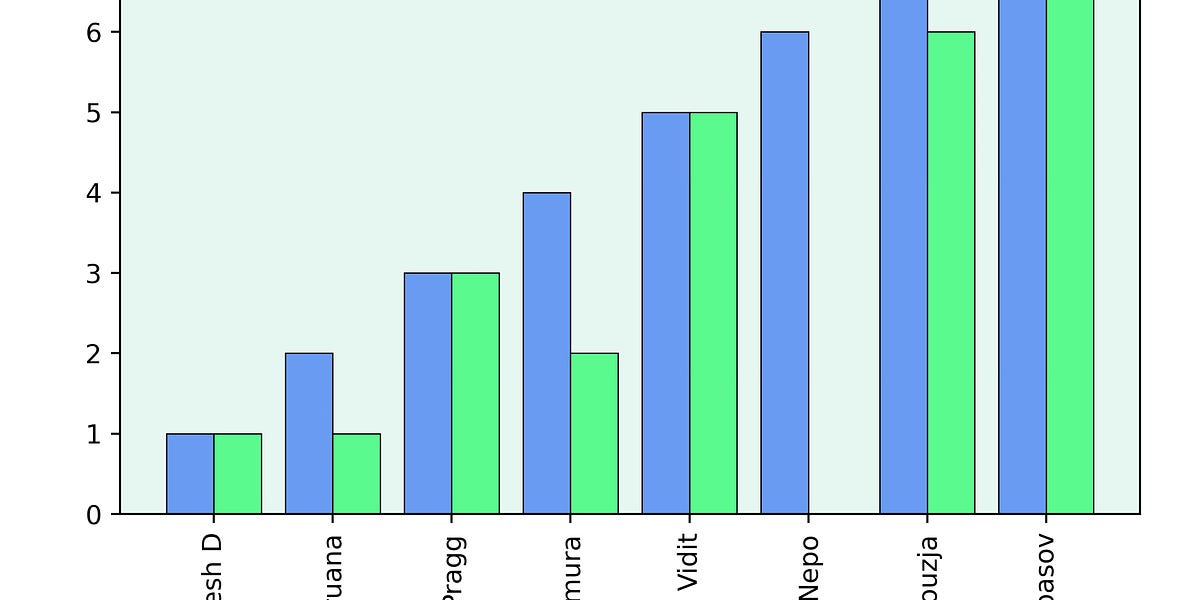
The problem with studies saying phones are bad for you
Every other week, there’s a new report about what staring at a screen is doing to your brain. It’s hard to know what to trust, and that could be because scientists haven’t been measuring screen time correctly.
Screen time is an all-encompassing term that could mean messaging friends, playing video games, or scrolling through Twitter. We hear that excessive phone use might be making people depressed and anxious, or maybe it isn’t. Some studies have suggested too much screen time is linked to ADHD. And the psychology community is fighting about whether compulsively playing video games is actually a mental health condition. This back-and-forth hasn’t stopped scaremongering comparisons between digital media and digital heroin, nor has it kept Silicon Valley parents from telling The New York Times that “the devil lives in our phones and is wreaking havoc on our children.”
The actual research hasn’t come to one neat conclusion, and that may be because the field has relied on self-reports. It’s possible to measure how much time you spend on your phone; it’s just that most research — some 90 percent of it, estimates David Ellis, a lecturer in computational social science at Lancaster University — hasn’t. People are notoriously unreliable reporters of their own behavior: people misremember, forget, or fudge their responses to make themselves look better. We’ve seen it before with food diaries; we’re bad at remembering or even noticing how much we eat. Sometimes we lie to ourselves and, as a result, our food diaries, too. The unreliability of self-reports has been a major problem for nutrition research.























/cdn.vox-cdn.com/uploads/chorus_asset/file/25419483/247092_Student_activist_doxxing_AKrales_1438.jpg)

